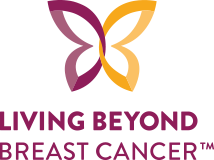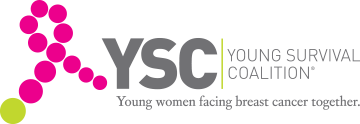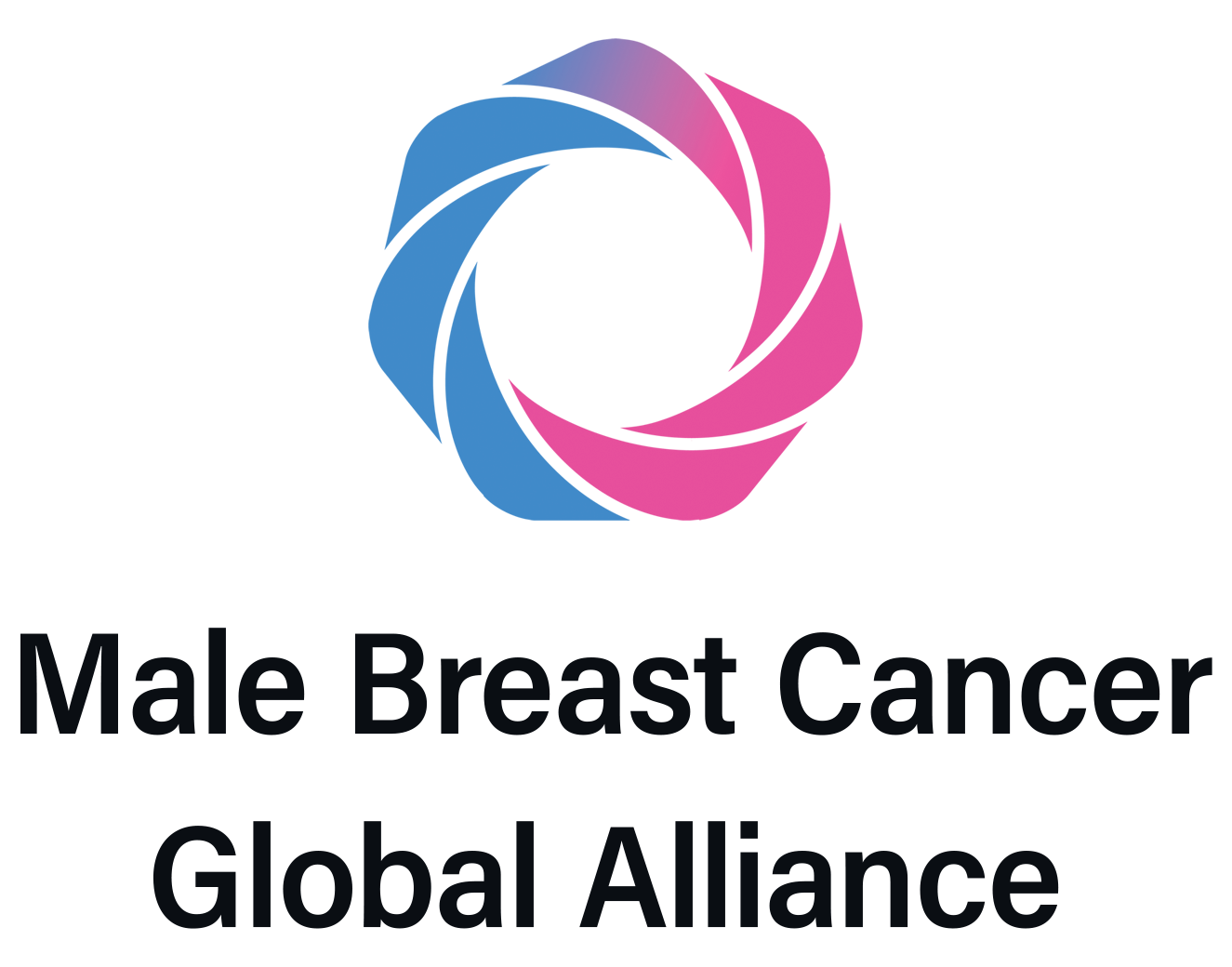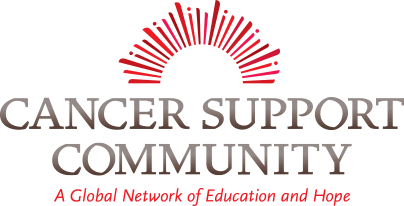Words Matter – Battle Language
By Kate
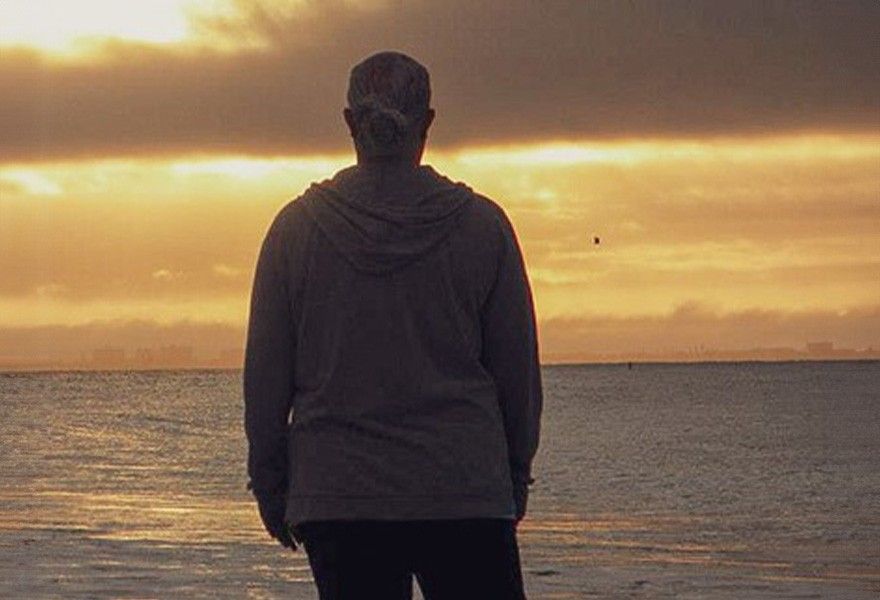
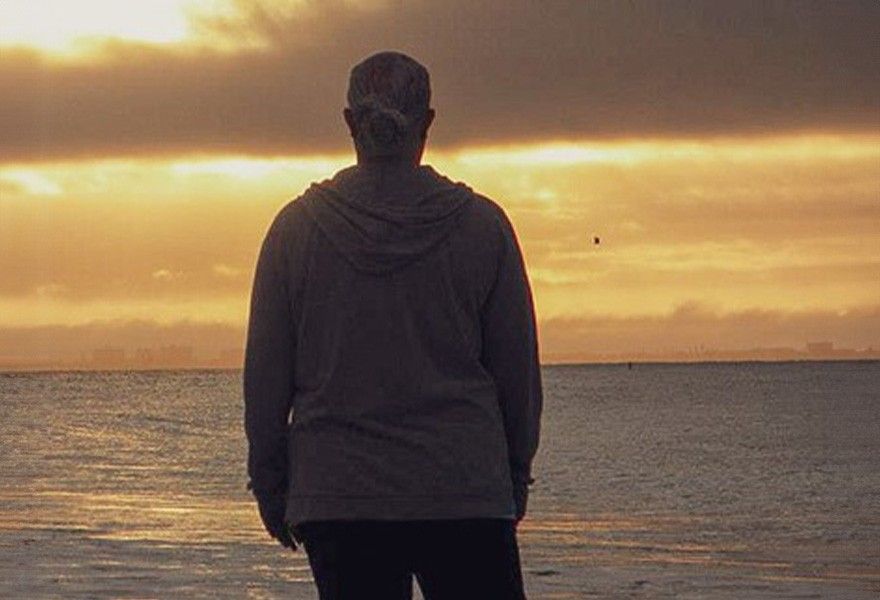
"Let me show you how to play, Mom!”
My thirteen-year-old son wanted to show me how to play his new video game. I picked my player character (mostly for her pretty cool haircut) and chose gear that would help me in the "Battle Arena." He quickly explained the rules of this game to me – the point is to fight to the death. You want to be the surviving player; a brave, strong, and victorious warrior.
I was the second person to die.
I felt like a big loser. I had absolutely and unequivocally failed my mission.
This was not real life, of course, but in some ways, the pressure to “survive” and the controversial phrases that were strewn across the screen felt familiar to me.
When I first announced my metastatic breast cancer (mBC) diagnosis in 2013, I became flooded with these types of messages:
"Be strong!"
"You can fight this!"
"You are a warrior!"
"You are a survivor."
"Be brave!"
"Win this battle!"
"You can beat this!"
My brain started to see the direct opposite of each well-intended meaning.
"Don't be weak.”
"Don't stop living.”
"Don't give up!”
"Don't be vulnerable.”
Do not fail. Do not surrender. Do not lose. How am I supposed to be or do any of those when I'm simply trying to make it through each day?
“Battle Language” is a type of communication used in military operations, but it has become linked with cancer culture. The "War on Cancer" was coined by President Richard Nixon when introducing the National Cancer Act. From that point on, it became common to use this war-like language to describe cancer patients and their cancer journey.
When I was early in my mBC journey, I tried hard to live up to this expectation of the "ultimate cancer-fighting warrior" that was graciously bestowed upon me by the thousands of people following my life online. It was not until I went to my first cancer patient event, hosted by the local cancer center, that I realized how isolated these words made me feel.
When I arrived at the event, I had to first choose a ribbon to wear: was I a Stage I, II, or III patient or a “Survivor?” I just stared at these ribbons perfectly lined on the table and my brain could not understand the straightforward task of picking out a ribbon to wear that would represent where I was in my cancer journey.
I was not an early-stage patient, and I haven't "survived" cancer. To me, surviving suggested that I had "won" or "beat" cancer. To me, those words meant I was cured of cancer. I would never be considered cured. Stage IV is incurable, so how could I be considered a survivor?
"There is not a ribbon here for me," I gently said to the woman checking people in.
Having very little hair, it was obvious that I was in treatment, and she responded by asking what stage I was in. I told her that I had Stage IV breast cancer. After carefully thinking for a few seconds, she said very matter of fact, "Well, you are a survivor! You survive every day. So, you are a survivor" and she handed me the survivor ribbon to put on and moved me along to let others come forward.
As I placed the ribbon on my dress, I had never felt like such an imposter in my entire life. I felt so incredibly lonely by being labeled as a survivor.
For days after the event ended, I felt myself slip into a depression over word choices. I kept thinking of all the times people said to me, "stay strong,” "fight like a girl,” and "you can beat this!”
I felt worn and tattered. I no longer wanted to be strong and brave. I didn't want to smile and be positive. I wanted to hide. I no longer cared about always winning the battle.
I could no longer live up to what society was telling me what they wanted me to be, what I had to be. I just wanted to exist in a world where I could be me – the messy, chaotic, and exposed pacifist that I am. Why wasn't that good enough for people?
Our words are the most powerful way of communicating. They can make us feel loved and trusted, but also desolate and depressed. What do we do when we can no longer live up to the expectations of these labels and words? We work to change the way people view words and share the consequences they can have on someone's overall well-being.
For me, that meant having hard conversations about how these words can have the reverse effect on the cancer community. I ask those speaking to members of the cancer community to rethink and reword phrases that may be harmful to the mental health of patients, like me. For example:
Instead of:
“You can fight this!”
Try:
"I'll stand beside you."
Instead of:
"Be strong and brave!"
Try:
"I'll be there for you."
Instead of:
"You can beat this!"
Try:
"Let me know if there is anything I can do for you during your treatment."
Instead of:
"Stage IV Survivor"
Try:
"Living with Stage IV cancer"
Instead of:
"You're a warrior!"
Try:
"You are so loved."
Instead of:
"Never give up"
Try:
"It's okay to not be okay"
Instead of:
"They lost their battle with cancer"
Try:
"They lived an amazing life, despite their diagnosis.”





